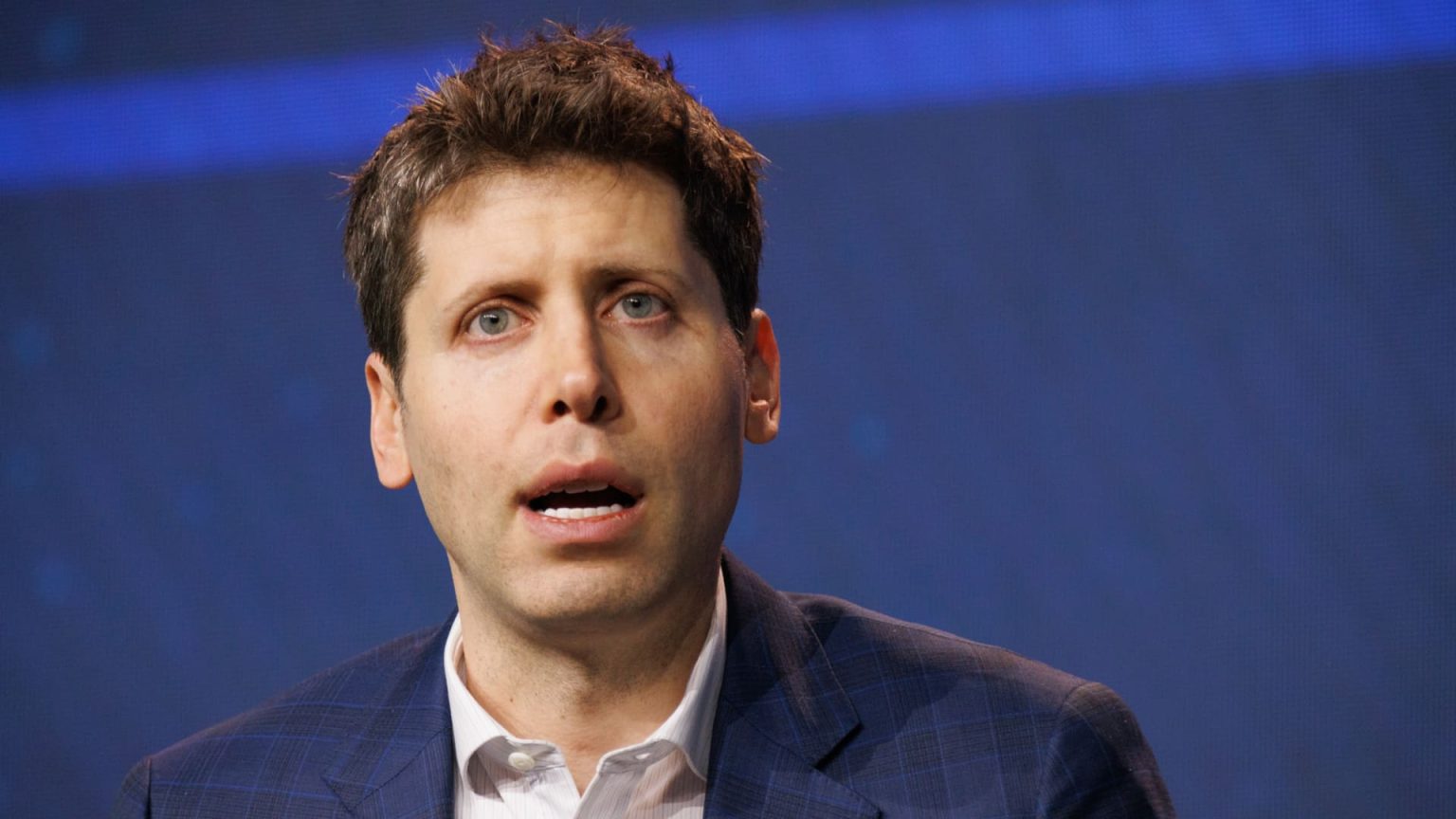OpenAI has disbanded its team focused on the long-term risks of artificial intelligence after just a year. The team was focused on steering and controlling AI systems smarter than humans, committing 20% of its computing power to the initiative over four years. However, team leaders Ilya Sutskever and Jan Leike both recently announced their departures, with Leike citing a disagreement with OpenAI leadership over core priorities. He believes the company should focus more on security, monitoring, preparedness, safety, and societal impact, rather than prioritizing shiny new products.
The departures come in the wake of a leadership crisis at OpenAI that involved co-founder and CEO Sam Altman. Altman was ousted by the board in November, leading to resignations and threats of resignations from employees and investors, including Microsoft. Despite the uproar, Altman eventually returned to the company following the departure of board members who had voted to oust him. Meanwhile, Sutskever stayed on staff but was no longer a board member. Altman expressed sadness over Sutskever’s departure, calling him one of the greatest minds of their generation and a guiding light in the field.
The dissolution of the team focused on AI risks and the departure of its leaders come in the midst of OpenAI’s new initiatives, including the launch of a new AI model and desktop version of ChatGPT. The GPT-4 model, along with an updated user interface, aims to expand the use of the popular chatbot. The new model, GPT-4o, offers improved capabilities in text, video, and audio and is said to be much faster. OpenAI also plans to allow users to video chat with ChatGPT, signaling a significant step forward in terms of ease of use for the technology.
Leike criticized OpenAI’s priorities, stating that safety culture and processes had taken a backseat to the development of new products. He emphasized the importance of focusing on security, monitoring, preparedness, safety, and societal impact when working on advancing AI technologies to ensure they are developed safely. The concerns raised by Leike and others reflect a broader conversation within the tech industry about the potential risks associated with AI advancements and the need to prioritize safety and ethical considerations.
Altman, who was at the center of the leadership crisis at OpenAI, expressed his regret over Sutskever’s departure, highlighting his brilliance and vision in the field. Altman credited Sutskever with being a driving force behind the company’s research efforts and called him a dear friend. Despite the changes in leadership and the dissolution of the AI risk team, OpenAI continues to push forward with new AI models and technologies, aiming to make them more accessible and user-friendly for a wider range of applications and users.
The shifting priorities and leadership changes at OpenAI underscore the complex challenges and decisions facing companies working on cutting-edge technologies like artificial intelligence. Balancing innovation and safety, addressing ethical concerns, and navigating internal dynamics all play a role in shaping the direction of organizations like OpenAI. The departure of key team members and the dissolution of a focused team highlight the ongoing evolution and adaptation of tech companies in response to internal and external pressures, as they strive to advance the field of AI responsibly and safely.


